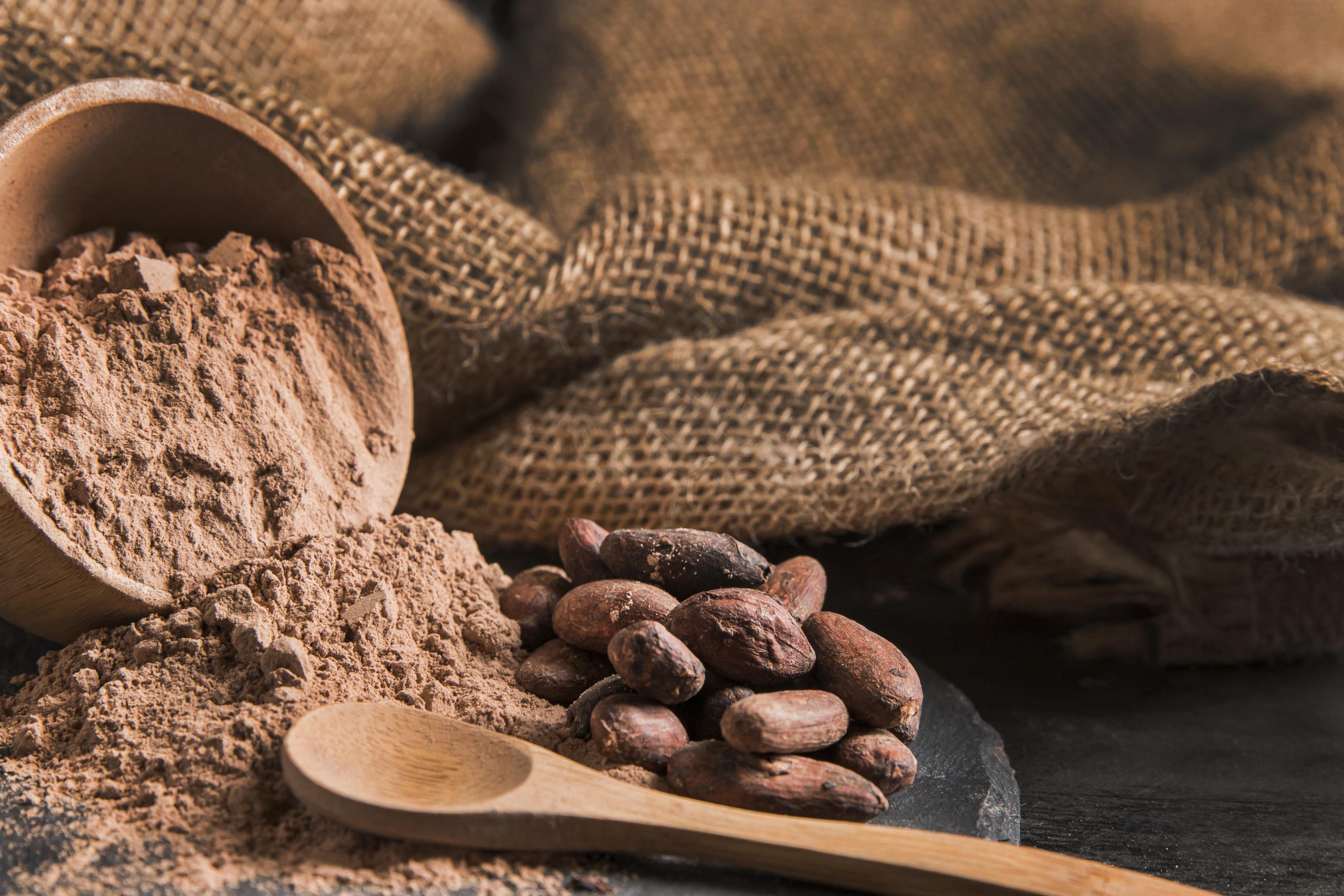Cameroon’s cocoa and coffee association has signed agreements with six cocoa exporters to launch a platform that will track plantation locations, ensuring compliance with new European Union (EU) regulations on deforestation-free products.
The EU is the primary market for Cameroonian cocoa, receiving about 80% of the country’s total exports, which amounted to 185,613 metric tons in the 2023/2024 season, according to the National Cocoa and Coffee Board.
The new EU rule, effective by the end of this year, will prohibit the sale of cocoa and other products on the EU market if they are produced on land deforested or degraded after December 31, 2020, aligning with existing international commitments.
The traceability platform, overseen by Cameroon’s Cocoa and Coffee Interprofessional Council, will enable EU buyers to request the coordinates of cocoa plantations. The platform will anonymously retrieve data from existing georeferenced farm records.
“This is an excellent initiative of the private sector, with the involvement of the government. It’s not only about respecting EU rules but to show that the product is the best in the world,” Jean-Marc Chataigner, EU ambassador to Cameroon, said, adding that the EU was yet to be involved in the process.
Narcisse Olinga, deputy director for external trade, stated that 260,000 metric tons, or roughly 80% of Cameroon’s cocoa output, already meets the EU’s traceability standards. He expressed optimism that the country will achieve full compliance by the regulation’s implementation.
Kate Fotso, CEO of Telcar Cocoa, emphasised the importance of adhering to the regulations to protect the interests of buyers, small exporters, and the nation.
The six exporters involved in the agreements include Telcar Cocoa, Ofi Cam (a subsidiary of Olam International), Neo Industry, Atlantic Cocoa Corporation, Sic-Cacaos, and FODECC, Cameroon’s Cocoa and Coffee Subsectors Development Fund.
